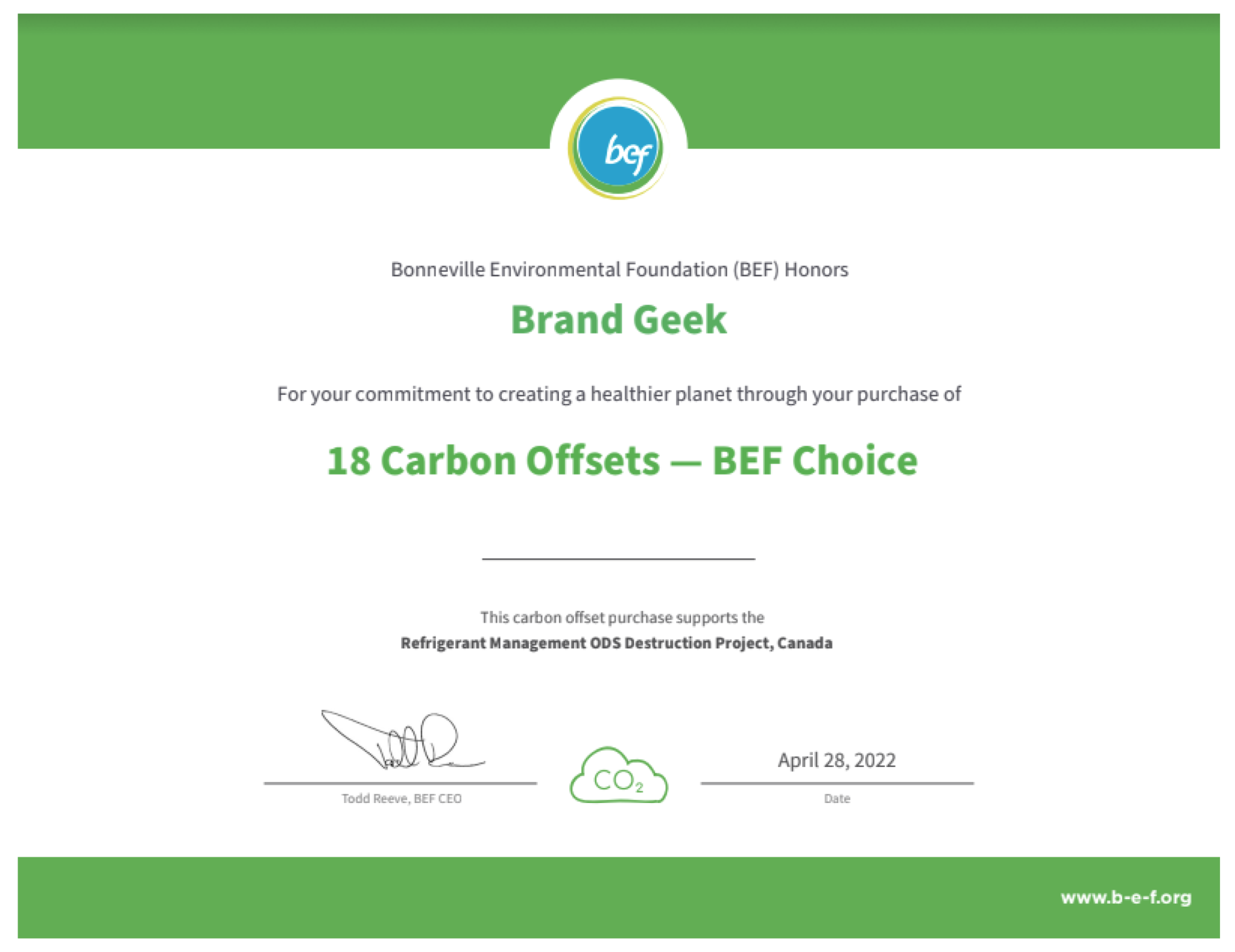Brandgeek proudly supports Mountain Area Preservation and is humbled to be…
SOLAR . . . or So Not?!? SOLAR is a Popular Mark; do any of These Uses Violate the FTC Green Guides?
 When I think of “Solar” I think of photovoltaic solar panels, like those shown above (and yes, I always picture them glistening in the sun like that!). Apparently, Google does too, as these are the images that the search engine provides when one puts the search term “solar” into Google Images:
When I think of “Solar” I think of photovoltaic solar panels, like those shown above (and yes, I always picture them glistening in the sun like that!). Apparently, Google does too, as these are the images that the search engine provides when one puts the search term “solar” into Google Images:
I wonder how many, if any, companies tried to register the word SOLAR all by itself for solar related goods or services. And, for what other non-sun-produced-energy related goods and services do people seek to register the word SOLAR alone? After all, the USPTO’s TESS database includes 104 records for the mark SOLAR, of which 29 remain LIVE. As the trademark savvy accept (and the rest of the world puzzles over), the use of SOLAR as a mark for non-sun-produced-energy related goods and services usually is a good thing because it creates a strong, inherently distinctive, arbitrary mark. Inherently distinctive marks are as strong as they come on the scale of trademark strengths. Trademark attorneys favor strong marks because they are easier to enforce and brand owners should understand that easier = less expensive.
So, back to SOLAR. Of the 29 LIVE PTO records, the earliest SOLAR mark was registered on April 16, 1918(!) for “dyestuffs, pigments and colors used in dyeing and printing.” The most recent SOLAR mark registration application is for headphones. There is one registration for SOLAR![]() for “components for solar energy systems, namely tanks, receivers, accumulators, heat exchangers, strainer, manifolds, and collectors,” in which SOLAR is disclaimed, so while others can use that word (SOLAR) in their mark too, they cannot do so with a similar design element. There are SOLAR marks for everything from musical cymbals to gas turbine powered units. Wait. What?! SOLAR branded gas powered turbine units? Yup. But it gets better. There’s also SOLAR branded portable electric battery chargers. And if that’s not good enough, there’s my favorite SOLAR trademark registration, owned by energy giant Halliburton for “oil and gas” well drilling services, namely, measurement-while-drilling and logging-while-drilling services for others (almost on August 8, 2005). Now that’s more like it. I mean really, if your services are “oil and gas drilling,” why wouldn’t you brand it as SOLAR? Seems right in line with everything else we hear in the daily news.
for “components for solar energy systems, namely tanks, receivers, accumulators, heat exchangers, strainer, manifolds, and collectors,” in which SOLAR is disclaimed, so while others can use that word (SOLAR) in their mark too, they cannot do so with a similar design element. There are SOLAR marks for everything from musical cymbals to gas turbine powered units. Wait. What?! SOLAR branded gas powered turbine units? Yup. But it gets better. There’s also SOLAR branded portable electric battery chargers. And if that’s not good enough, there’s my favorite SOLAR trademark registration, owned by energy giant Halliburton for “oil and gas” well drilling services, namely, measurement-while-drilling and logging-while-drilling services for others (almost on August 8, 2005). Now that’s more like it. I mean really, if your services are “oil and gas drilling,” why wouldn’t you brand it as SOLAR? Seems right in line with everything else we hear in the daily news.
But now that I think about it, I once received an office action refusing registration of a client’s mark based on the Examiner’s finding that the mark was “deceptively misdescriptive.” Neither my client nor I intended to be deceptive or misdescriptive and the client ultimately dropped the application rather than fight with the PTO. In that case, my client offered a dietary supplement under a made up acronym, only to learn that the acronym also was used for a substance found in some supplements. The Examiner originally refused registration based on “descriptiveness,” under the false presumption that my client’s supplement contained the substance. Upon learning that my client’s supplement did not contain the substance, the Examiner issues a “deceptively misdescriptive” refusal.
Under the trademark descriptiveness doctrine, if the goods/services offered under a mark involve energy generation and the mark used in association with the product described that form of energy generation, then that mark would be considered descriptive, or potentially generic (and refused registration by the PTO as such, at least initially). Does it not then follow logically that if the goods/services offered under a mark involve energy generation and the mark used in association with the product describes a different form of energy generation, then that mark would be deceptively misdescriptive? Apparently not.
So that got me wondering whether use of SOLAR for non-solar energy powered goods/services (like oil & gas drilling!) comports with the FTC Green Guides? Well, the Green Guides don’t define “solar” (you think that’s because the term is defined in the dictionary?). The question under the FTC Green Guides (current and proposed) is whether the term improperly conveys an environmental benefit to the consumer. My presumption is that no consumer will confuse the brand SOLAR for an environmental marketing claim on gas turbines, electric battery chargers or oil and gas drilling services. Thus, no FTC Green Guide or false advertising claim, as was the holding in the recent Fiji water case.
 The Fiji water case likely is the first in a soon-to-be series of cases seeking to find a friendly venue for false advertising suits based on green claims. Marketers need to be cautious when making any claim that consumers might construe as a claim of environmental benefit that the benefit is substantiated and stated precisely.
The Fiji water case likely is the first in a soon-to-be series of cases seeking to find a friendly venue for false advertising suits based on green claims. Marketers need to be cautious when making any claim that consumers might construe as a claim of environmental benefit that the benefit is substantiated and stated precisely.




[…] makes it unlawful to violate the FTC Green Guides, about which I wrote here, here, here, here, here, here, and here (yeah, I’m kinda passionate about responsible business and responsible […]